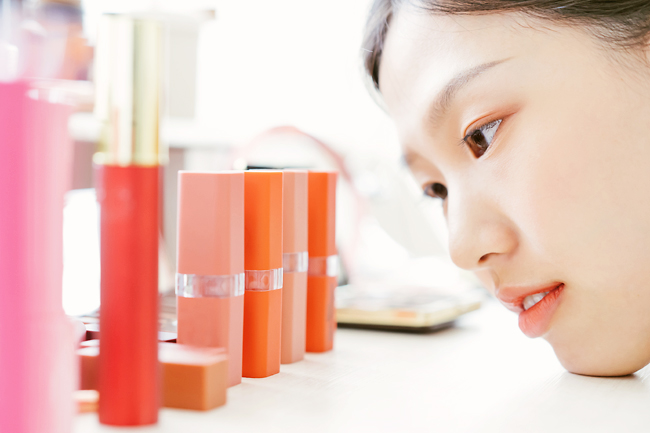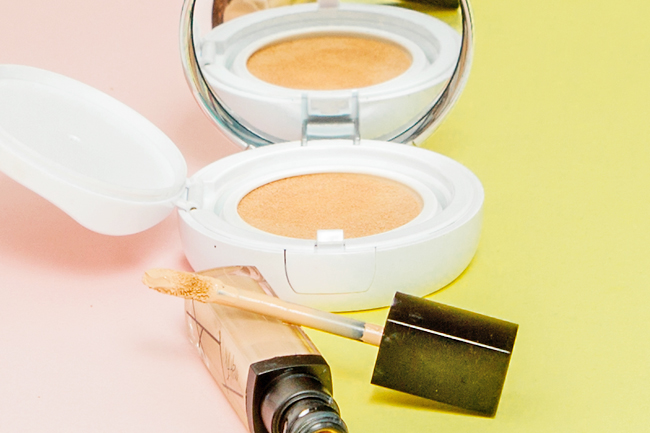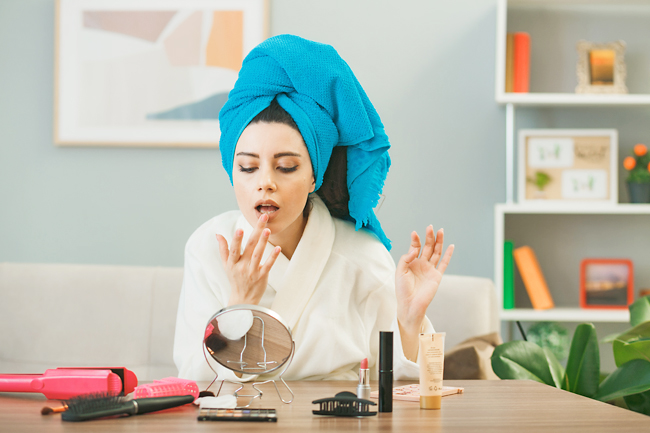ANN/THE STAR – Cosmetic products have long been regarded as essential for women, significantly contributing to their daily routines. These products not only enhance appearance but also boost self-confidence. The cosmetics market in Asia is one of the fastest-growing, with businesses expanding their strategies to appeal to both female and male consumers. Overall, consumer interest is largely shaped by extensive advertising and marketing efforts.
The convenience of online shopping further contributes to the high demand for cosmetics, making it easier for customers to access a wide range of products.
REGULATION OF COSMETIC PRODUCTS
The Guidelines for Control of Cosmetic Products by the Malaysian Health Ministry (MOH) defines cosmetic products as products used on external parts of the human body.
These include the skin, hair, nails, lips, outer genitals, teeth and oral mucosal membranes.
These products serve numerous specific functions, including cleansing, providing scent, changing appearance, correcting or managing body odour, and protecting or preserving certain body parts in a good state.
Cosmetic products in Malaysia are regulated under legal provisions to ensure consumer safety, particularly to protect consumers against the harmful effects of adulterated cosmetics.
All cosmetic products must be notified to the MOH before they can be imported, manufactured, distributed or sold in Malaysia.
Cosmetic notification is the process by which a company declares information about its cosmetic products to the MOH before marketing them.
In addition, the company must fulfil its responsibility in ensuring the safety, quality and authenticity of their cosmetic products.
These include ensuring the products are free from prohibited substances, such as heavy metals and controlled medicines, and are not contaminated by microorganisms.
Furthermore, any claims stated on the cosmetic product label must be in line with the cosmetic definition and backed up by relevant and suitable evidence.
Despite the requirement for cosmetic product notification, some irresponsible individuals still market cosmetics containing prohibited and harmful substances.
These substances are intentionally added to cosmetic products to produce a drastic effect, enticing potential customers to believe that their products are as effective as claimed.



COMMON ADULTERANTS
Prolonged exposure to adulterated cosmetic products poses a serious threat, as it not only causes localised adverse effects on the skin, but may also penetrate deeper into the body.
The most common adulterants found in cosmetic products include heavy metals, such as mercury, and controlled medicines listed in the Poison Schedule of the Poison Act 1952, such as hydroquinone and tretinoin.
Mercury – Mercury is a heavy metal widely used in the chemical and electronics industries. It is highly toxic to humans and requires proper handling. Irresponsible companies marketing skin-whitening products usually mix mercury into their products for its rapid whitening effect.
However, prolonged exposure to mercury can lead to a range of harmful effects, including skin irritation and allergic reactions.
More dangerously, it can cause kidney damage, neurological disorders and cognitive impairment. Pregnant women using mercury-containing products are at risk of harming their unborn children, potentially leading to neurodevelopmental delays or birth defects.
Hydroquinone – Hydroquinone is commonly incorporated into cosmetics for its skin-lightening properties. As such, hydroquinone is often found in skin-whitening products. It works by inhibiting melanin production.
Melanin provides colour and protection to the skin. As melanin levels decrease, the skin loses its natural protection and becomes more vulnerable to ultraviolet (UV) radiation, which increases the risk of skin cancer. Prolonged use of hydroquinone can lead to several side effects, including skin irritation, redness, hypersensitivity, and a condition called ochronosis, which causes the skin to darken and thicken.
Tretinoin – Tretinoin is a prescribed controlled medicine used to treat chronic acne under a doctor’s supervision. Tretinoin cannot be incorporated in any cosmetic product.
However, some irresponsible cosmetic manufacturers add tretinoin to their products, particularly in acne creams, due to its effectiveness in treating this condition. Cosmetic products adulterated with tretinoin are harmful because the concentration of tretinoin added is uncertain.
Without proper supervision by a doctor, the severity of tretinoin side effects, such as redness, discomfort, stinging, skin peeling and increased sensitivity to sunlight, are higher. Moreover, tretinoin is known to be teratogenic, potentially harming a fetus.
Individuals using products adulterated with tretinoin are at risk of miscarriage or causing foetal retardation.
DO YOUR HOMEWORK
The public should practise extreme vigilance when purchasing and using cosmetic products.
They should first study the contents of the products.
The public should not be easily deceived by advertisements and promotions made for these products.
Most of the time, sellers capture public attention and attract them to buy with exaggerated claims that often lack substantial evidence.
Additionally, the public should verify the notification status of cosmetic products through the “Product Search” feature on the official website of the National Pharmaceutical Regulatory Agency (NPRA) before making a purchase.
They can also use the NPRA Product Status mobile application for the same purpose.
When experiencing any side effects or allergic reactions after using a cosmetic product, the public should stop using the product immediately.
If the reactions worsen, they should seek care at the nearest healthcare facility.
In summary, it is essential to carefully consider the available choices when selecting and purchasing cosmetic products.
Before using them, thoroughly review the information provided and do not simply believe the claims made by the seller.Taking these preventive steps is crucial to maximise the benefits of cosmetics, while avoiding unwanted side effects. – Tan Kelly





